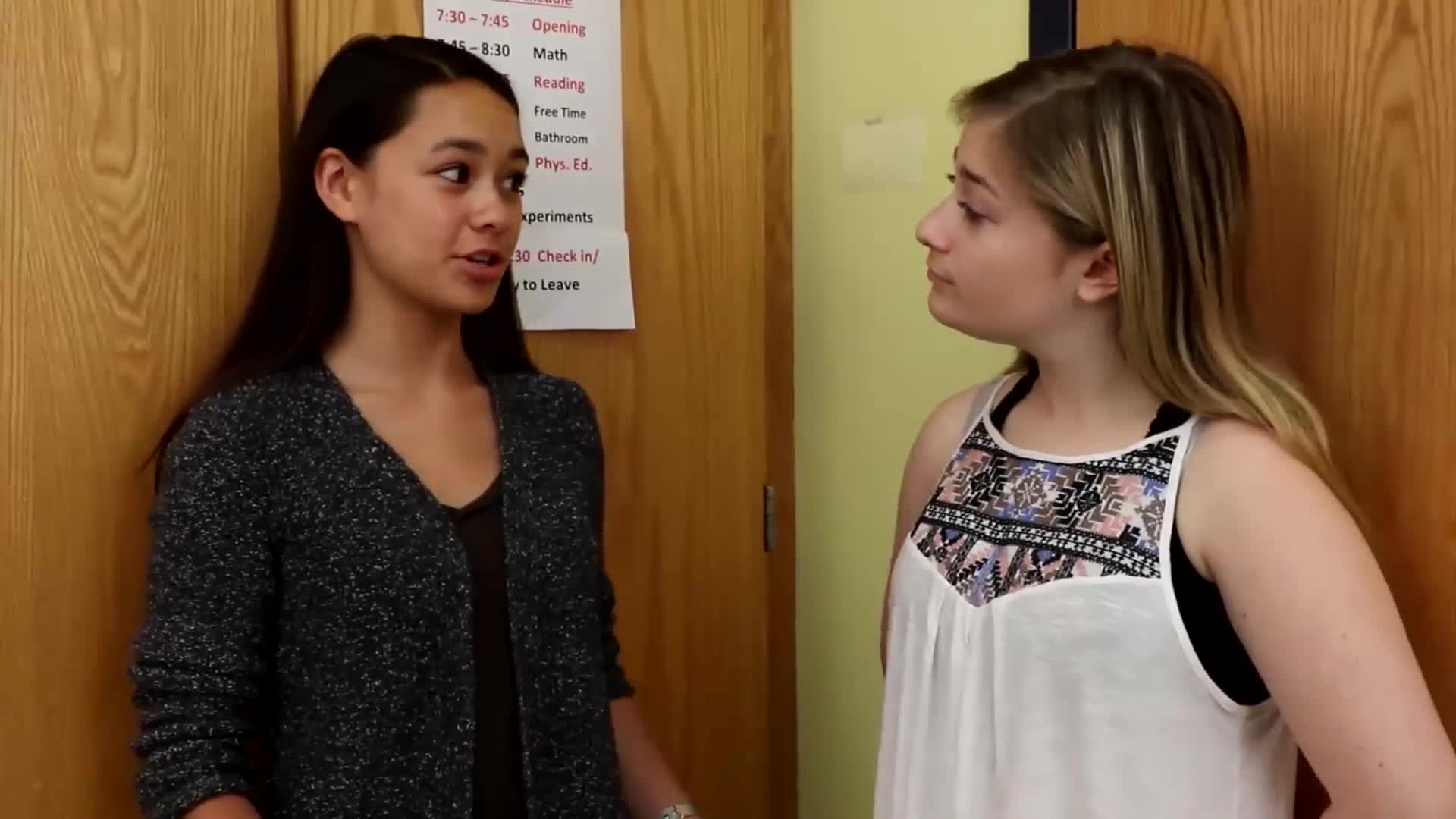
Introduction
Effective communication is an essential life skill that students need to develop. For students in Special Education, learning to provide adequate background information while telling a story or engaging in a conversation is crucial. The Background Brief activity is designed to help students practice this skill, ensuring they include important details such as who, what, where, and when in their conversations. This not only promotes better understanding but also fosters healthy social interactions.
No-Prep Activity
The Background Brief activity is a simple, no-prep exercise that educators can introduce to their students. Here’s how it works:
- Divide the students into pairs or small groups.
- Ask one student in each pair or group to share a brief story or recent experience with their peers.
- After the student has shared their story, the other students should identify if any background information is missing (i.e., who, what, where, or when).
- If any information is missing, the student telling the story should revise their story to include the missing details.
- Repeat the process with each student in the pair or group, allowing everyone a chance to practice both sharing and listening for background information.
This activity encourages students to pay close attention to the details they share in their stories and helps them develop the habit of providing essential background information in their conversations.
Discussion Questions
- Why is it important to provide background information when telling a story or engaging in a conversation?
- How does including background information improve communication between individuals?
- What are some strategies we can use to remember to include all necessary background information in our conversations?
- How did you feel when a story was missing some background information? How did it affect your understanding of the situation?
- Can you think of a real-life situation where providing background information was crucial to avoiding confusion or misunderstandings?
Related Skills
In addition to providing background information, there are several other skills that contribute to effective communication. Some of these skills include active listening, empathy, and non-verbal communication. By working on these skills alongside the Background Brief activity, students can further improve their overall communication abilities and build stronger relationships with their peers.
Next Steps
If you would like to explore more activities and resources to help your students develop their communication skills and other social-emotional learning competencies, sign up for free sample materials at Everyday Speech. These materials are designed to support educators working with students in Special Education and can be easily integrated into your existing curriculum.









